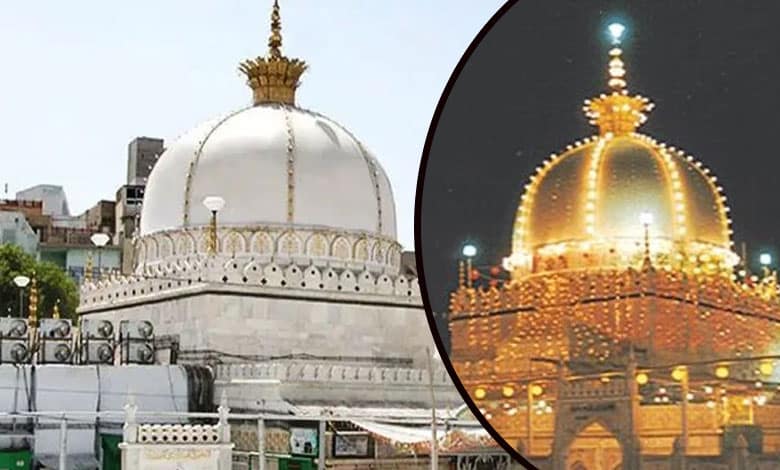Places of Worship Act Tested Again: Ajmer Dargah in Legal Spotlight
The People’s Union for Civil Liberties (PUCL) has announced plans to approach the Supreme Court, opposing growing demands for the Archaeological Survey of India (ASI) to conduct surveys at historic religious sites.

The People’s Union for Civil Liberties (PUCL) has announced plans to approach the Supreme Court, opposing growing demands for the Archaeological Survey of India (ASI) to conduct surveys at historic religious sites.
This decision follows a recent petition seeking an ASI survey of the Ajmer Dargah, a revered site dedicated to Sufi saint Khwaja Moinuddin Chishti, to investigate claims of remnants of a Shiv Mandir beneath the site.
PUCL National President Kavita Srivastava emphasized the need to uphold peace and communal harmony in Ajmer, a city known for its rich tradition of interfaith unity. “We are seeking the apex court’s intervention to uphold the Places of Worship Act, 1991, and curb baseless demands for surveys that risk disturbing communal harmony,” she stated on Saturday.
Srivastava added that PUCL’s petition would also urge the Supreme Court to direct lower courts not to entertain cases that violate the 1991 Act. The law explicitly prohibits altering the religious character of any place of worship as it existed on August 15, 1947.
The Ajmer Dargah Sharif, an 800-year-old site of pilgrimage for people of all faiths, has been a symbol of harmony. However, the recent petition in the Ajmer Civil and Judicial Magistrate’s Court has sparked controversy and political debate. Rajasthan Education Minister Madan Dilawar and other public figures have weighed in on the matter, further heightening tensions.
Srivastava condemned these statements, labeling them as propaganda aimed at undermining Ajmer’s history of peaceful coexistence. “This city is home to diverse religious landmarks, including the dargah, the Brahma Temple in Pushkar, Jain pilgrimage sites, churches, and Parsi temples. Any attempt to disrupt this harmony must be resisted,” she asserted.
Citing the 2019 Supreme Court verdict in the Ram Janmabhoomi case, which upheld the constitutional validity of the Places of Worship Act, Srivastava reiterated that the law safeguards India’s pluralistic heritage and prevents the misuse of historical claims for political or religious agendas.
The management of the Ajmer Dargah is governed by the Dargah Khwaja Saheb Act, 1955, which explicitly designates it as a Muslim religious site. PUCL argues that claims challenging this designation are both historically unfounded and legally untenable.
PUCL has called on the government to act decisively against those spreading unfounded claims and to ensure the security of minority communities. The organization urged both the Centre and the Rajasthan government to take proactive steps to maintain peace and uphold the secular character of the nation.
